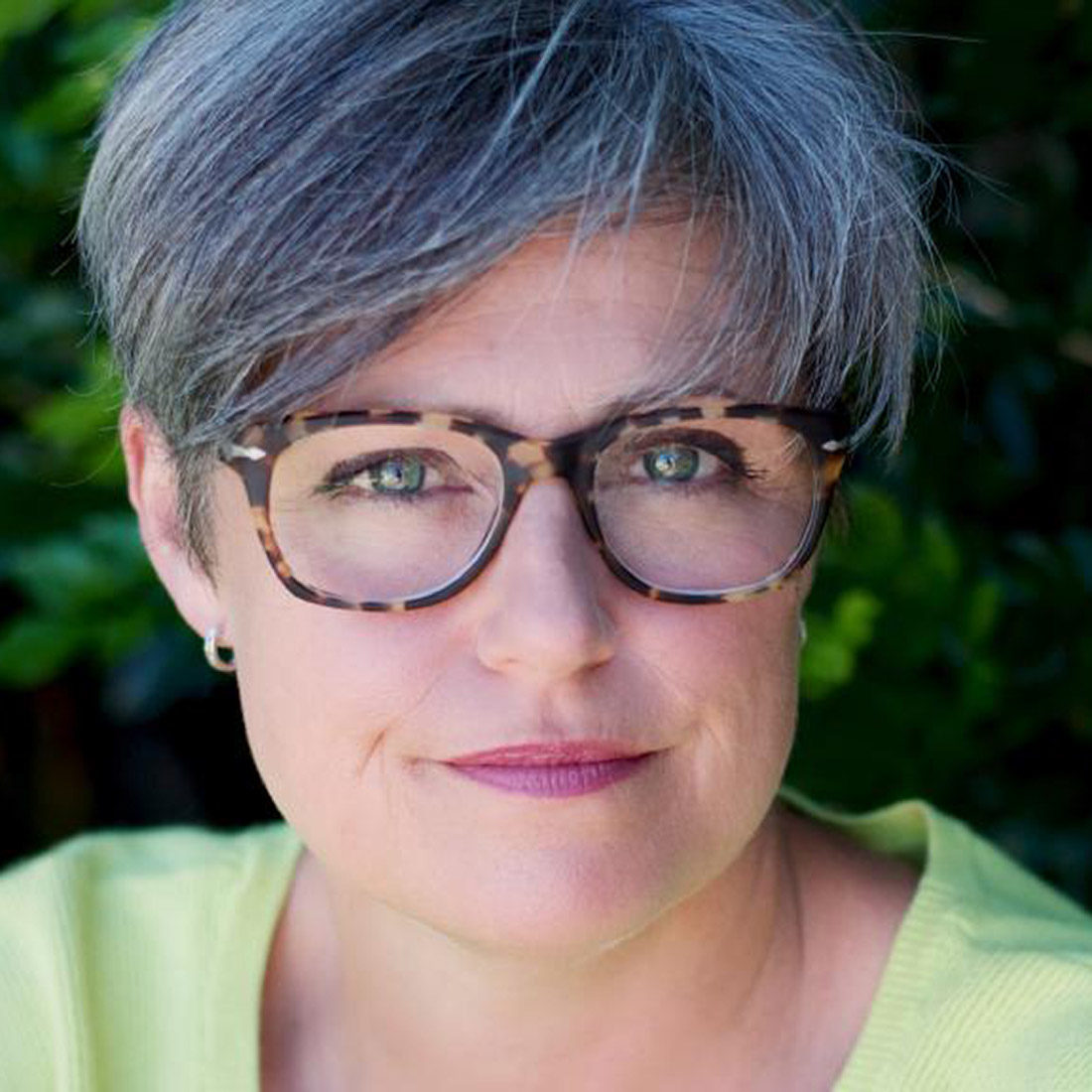Meredith Jaffé
Meredith, thank you for agreeing to this interview about your latest book The Making of Christina.
In one sense this novel is a departure from your previous novel The Fence, which uses the simple idea of building a fence to explore the richness and intricacy of neighbourly relationships. Can you tell us something about the genesis of your latest novel?
I was heavily pregnant with my son when a small article in the newspapers caught my eye. It concerned a very wealthy man who was up on charges for the sexual assault of his step daughter over a number of years. My immediate thought was ‘how must her mother feel?’ because it was her mother who had inadvertently placed her child in harm’s way and would have to live with the guilt of that for the rest of her life. What also struck me was the immense power difference there was between perpetrator and victim. Not only his age but also his significant wealth. Then I started wondering how, as the mother, such a crime can be going on under your nose and you can be completely unaware of that. How can that happen? And is it deliberately turning a blind eye or has the mother also been a secondary victim of such a pernicious crime?
In another sense there are similarities of focus. Your new novel, The Making of Christina, also gives the reader intimate access to those personal relationships that really matter. In both novels you focus on the ‘everydayness’ of those relationships in a way that engages. Tell us a little about how you approach your themes.
I guess I was trying to figure out the answers to the questions I posed above. The further into the research I went, the more it became apparent how every day this crime is. The statistics on child abuse are horrendous. But I do think our view of this crime can become somewhat slanted by the fact that the media is so focussed on the external versions of this crime—the priests, teachers and institutions etc who are at the centre of the coverage. However, the overwhelming majority of incidences of this crime happen within the familial circle, the family home. Ordinary people living ordinary lives, rich and poor. I wanted to create characters and a story that could be the next door neighbours, that could be you.
For the reader there is the prevailing feeling of, ‘it could have been me’, especially in the way you develop Christina’s dilemma. Without giving away the plot, can you expand on what becomes the ‘making’ of Christina?
The title of the book has two meanings. One is derived from the common phrase, ‘it’ll be the making of you’ when we refer to events or opportunities that allow us to grow. The other meaning is much more chilling and refers to the fact that in order to access the primary victim, the child, the perpetrator must also groom the mother. In a sense, he makes Christina by moulding her into the person he needs her to be to allow him to commit the crime undetected. It’s how he does this that is central to the novel’s story.
I deliberately told the story only from Christina’s point of view because I in no way wanted to sensationalise the crime itself. The novel focuses far more on the flow on effect rather than the resolution to the crime itself as we expect when we read crime novels. In the end, I think what becomes the making of Christina is her coming to terms with her role as victim and witnessing that you don’t have to accept that the label of victim as life defining.
The characters in this book are keenly observed. Can you tell us something about your own career journey that might have helped you hone your ability to observe and develop your characters?
I think I developed my ability to read people through my former career as a recruitment consultant. In that role, I met such a diverse group of people at various stages of their lives. It is critical when matching people to roles to figure out what motivates them, what their aspirations are and the key aspects of their personalities. I’ve heard so many life stories over those fifteen odd years that I think it sits in the back of my mind as I create a character and build a structure around their lives filled with success and failures, redeeming features and weaknesses. And I’ve always been fascinated how our qualities as a person are good and bad, depending on the circumstances to which they are applied. Let’s face it, people are endlessly fascinating!
Thank you Meredith. We are really looking forward to hearing you speak at the St Albans Writers’ Festival.


